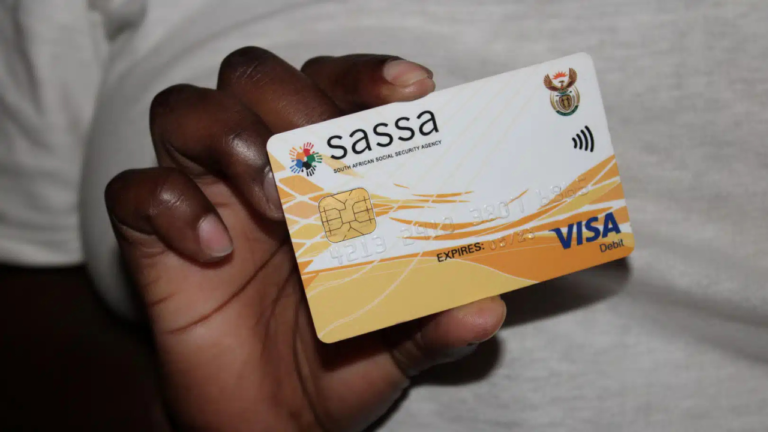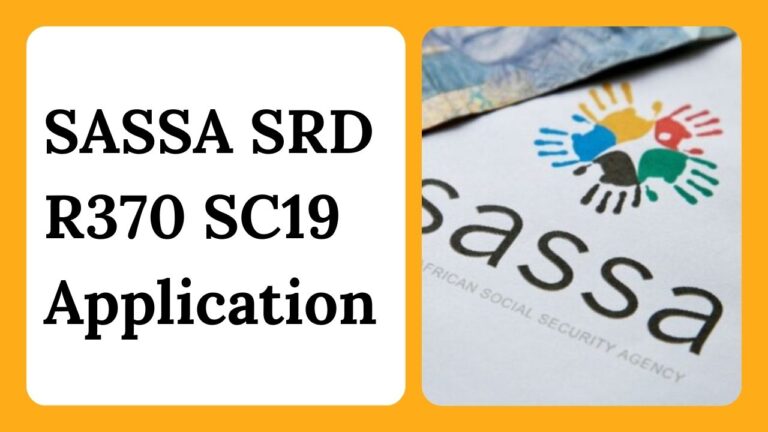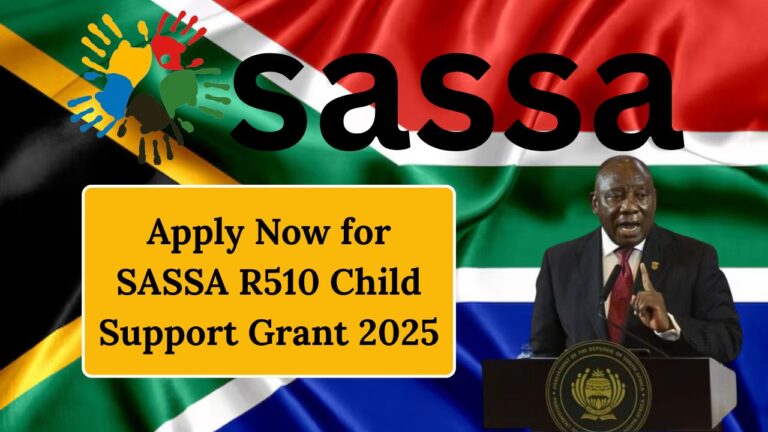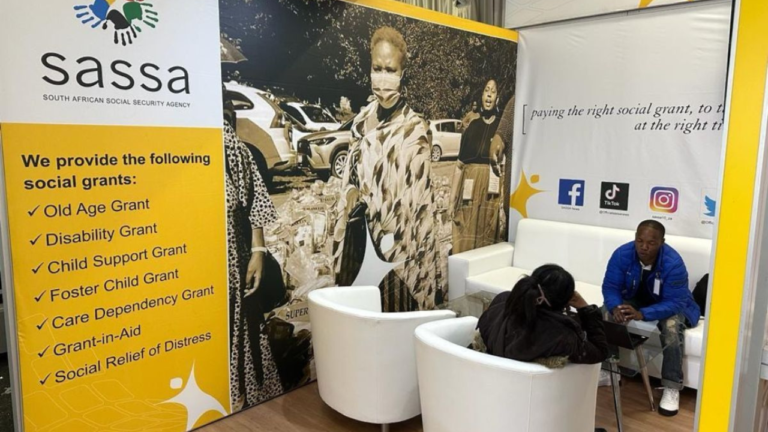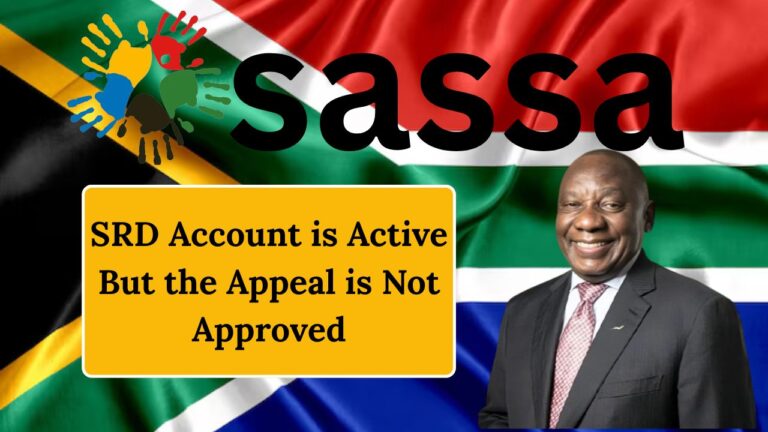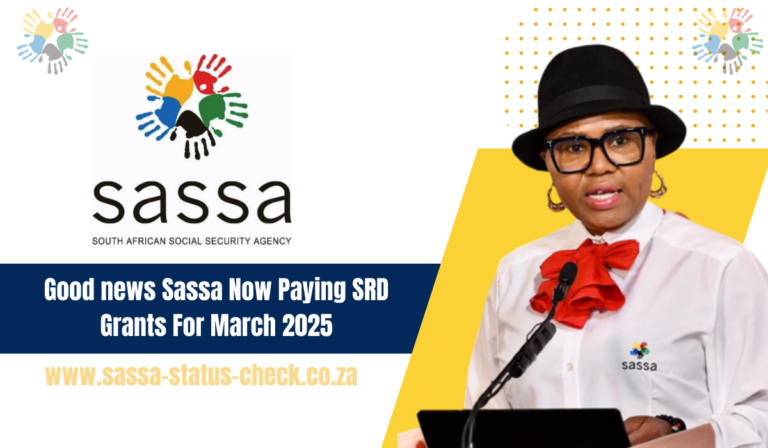SASSA SRD R370 Grant Eligibility Criteria to Be Challenged in South African Court
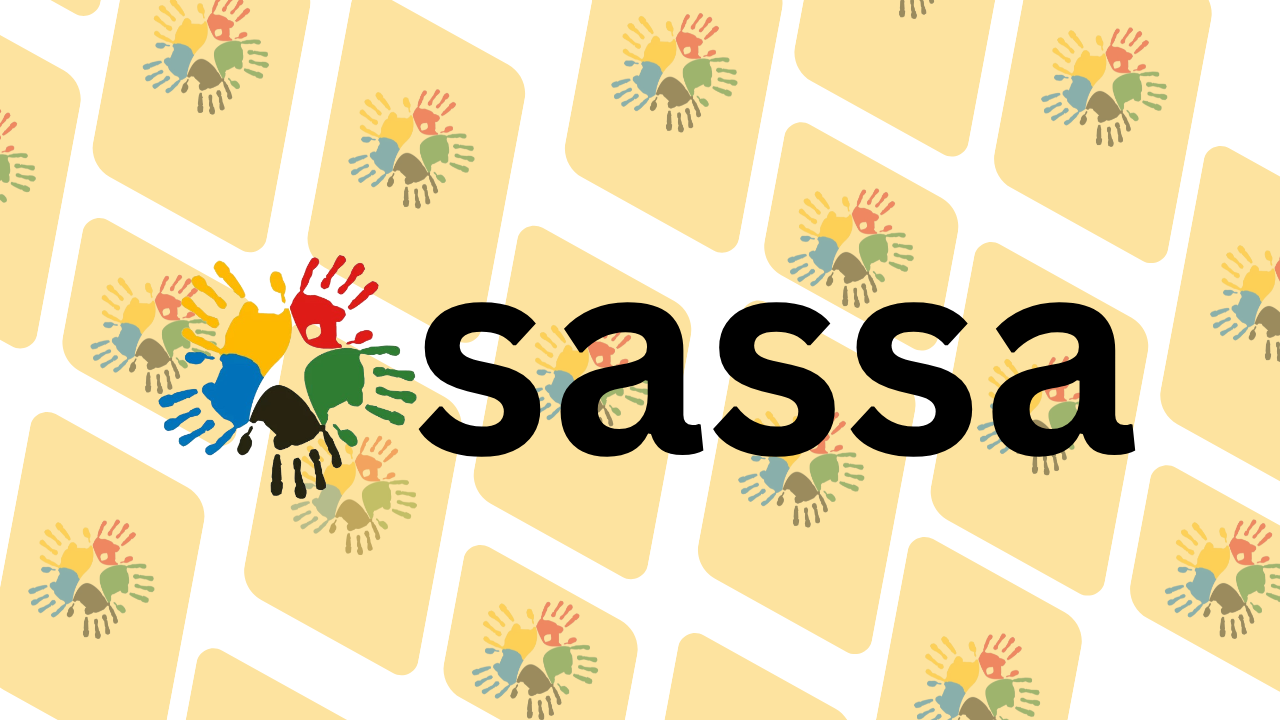
SASSA SRD R370 Grant Eligibility Criteria to Be Challenged in South African Court. The Institute for Economic Justice (IEJ) is taking legal action against the South African Social Security Agency (SASSA), the Department of Social Development (DSD), and the Ministry of Finance, citing unfair eligibility criteria for the SASSA SRD R370 grant. This pivotal move could reshape how South Africa provides financial aid to its most vulnerable citizens.
High Court Challenge Against SASSA SRD Eligibility Criteria
A major legal battle is set to take place in the Gauteng High Court, Pretoria on October 29 and 30, 2024. This comes after the IEJ, in collaboration with the #PayTheGrants movement, applied challenging discriminatory and exclusionary SRD grant eligibility rules.
Why Is SRD Grant Eligibility Challenged??
Since the introduction of the Social Relief of Distress (SRD) grant during the COVID-19 pandemic, the eligibility criteria have been criticized. Many South Africans who are financially distressed but technically disqualified from receiving the grant have been left unsupported.
The IEJ’s legal submission argues that these rules are unjust and unreasonable, effectively excluding millions of low-income citizens who genuinely need state support.
“We are not challenging the existence of the grant, but how it is being implemented and the barriers it imposes,” the IEJ said.
From R350 to R370
The SRD grant, originally set at R350 per month, was introduced in May 2020 as a temporary COVID-19 relief measure. It was aimed at unemployed individuals who did not receive government assistance or income. The initiative served as a financial lifeline for millions affected by pandemic-induced lockdowns and economic hardship.
In 2025, the amount was increased to R370 per month, providing much-needed social protection in the face of rising unemployment and inflation.
What the Government Says About the Case
In response to the lawsuit, the Department of Social Development maintains that the SRD application process is fair, accessible, and inclusive.
Government Statement on Eligibility Process
Ebenezer Nkosinathi Dladla, Chief Director of Legal Services at DSD, defended the system, saying:
“Applicants don’t even need mobile data. One cellphone number can be used by up to five people to apply. The process is designed to be inclusive.”
He further emphasized that the application takes no more than 20 minutes, whether via the official SRD website or WhatsApp. Dladla believes this simplicity ensures the grant reaches those who truly need it.
Who’s Being Left Out?
Despite government assurances, advocacy groups argue that many poor and unemployed South Africans are excluded due to:
- Stringent income thresholds
- Bank account verification hurdles
- Automated rejection systems
- Dependence on outdated databases
- Lack of digital access in rural areas
Many of these issues disproportionately affect women, informal workers, and youth, who are already among the most economically marginalized.
What’s at Stake in This Court Challenge?
If the High Court rules in favor of the IEJ and #PayTheGrants, it could force a policy overhaul of how eligibility is determined. This might include:
- Expanding the income threshold
- More flexible application criteria
- Reduced reliance on outdated databases
- Increased human oversight in the approval process
Such a ruling could lead to millions more qualifying for the SASSA SRD R370 grant, significantly expanding the social safety net in South Africa.
Conclusion
As the legal proceedings unfold on October 29–30, eyes across the nation will watch. This challenge is not just about a R370 grant it’s about the principle of fair access to public resources and the right to dignified social protection.

